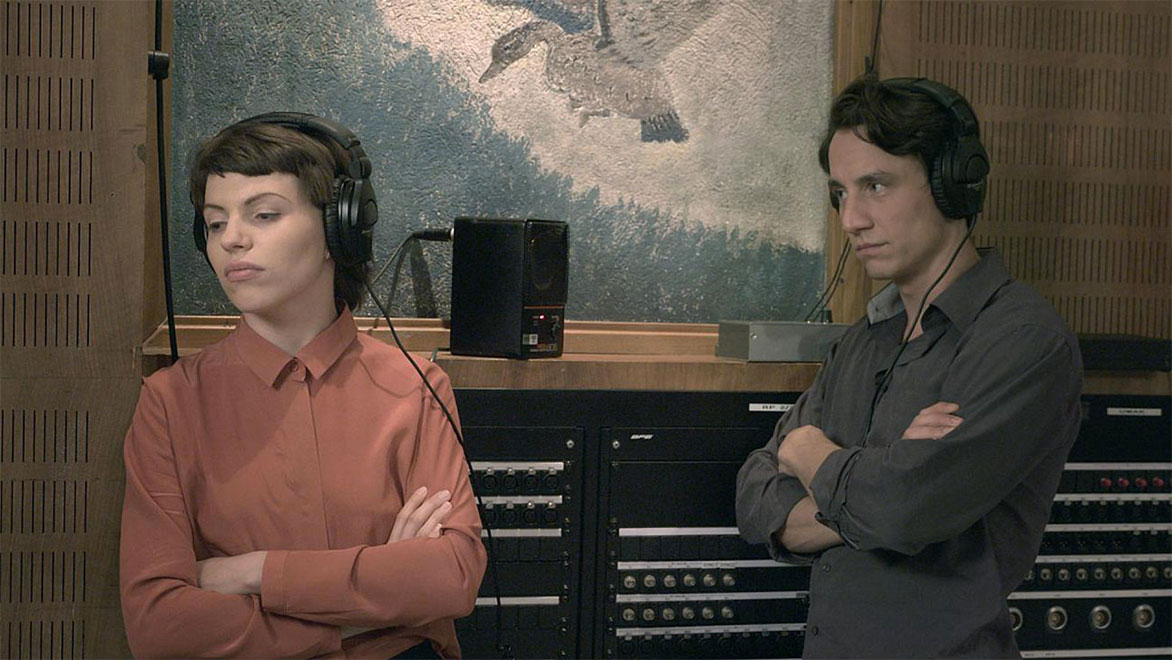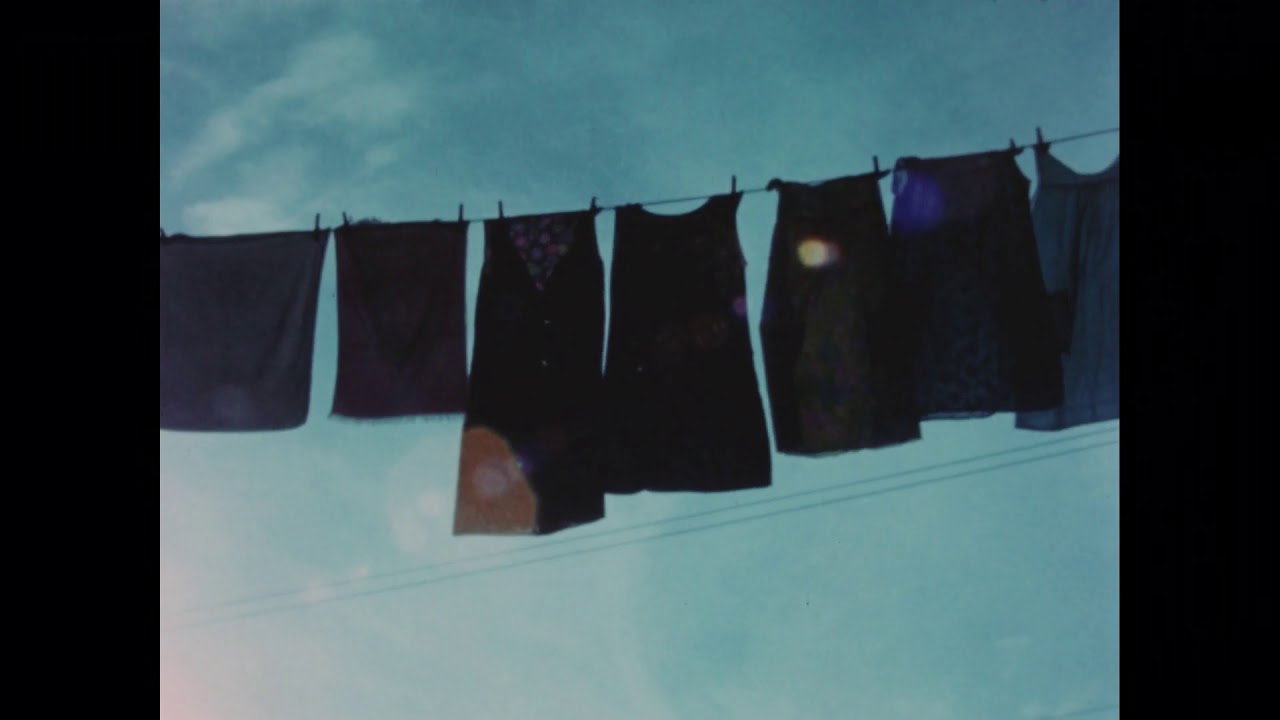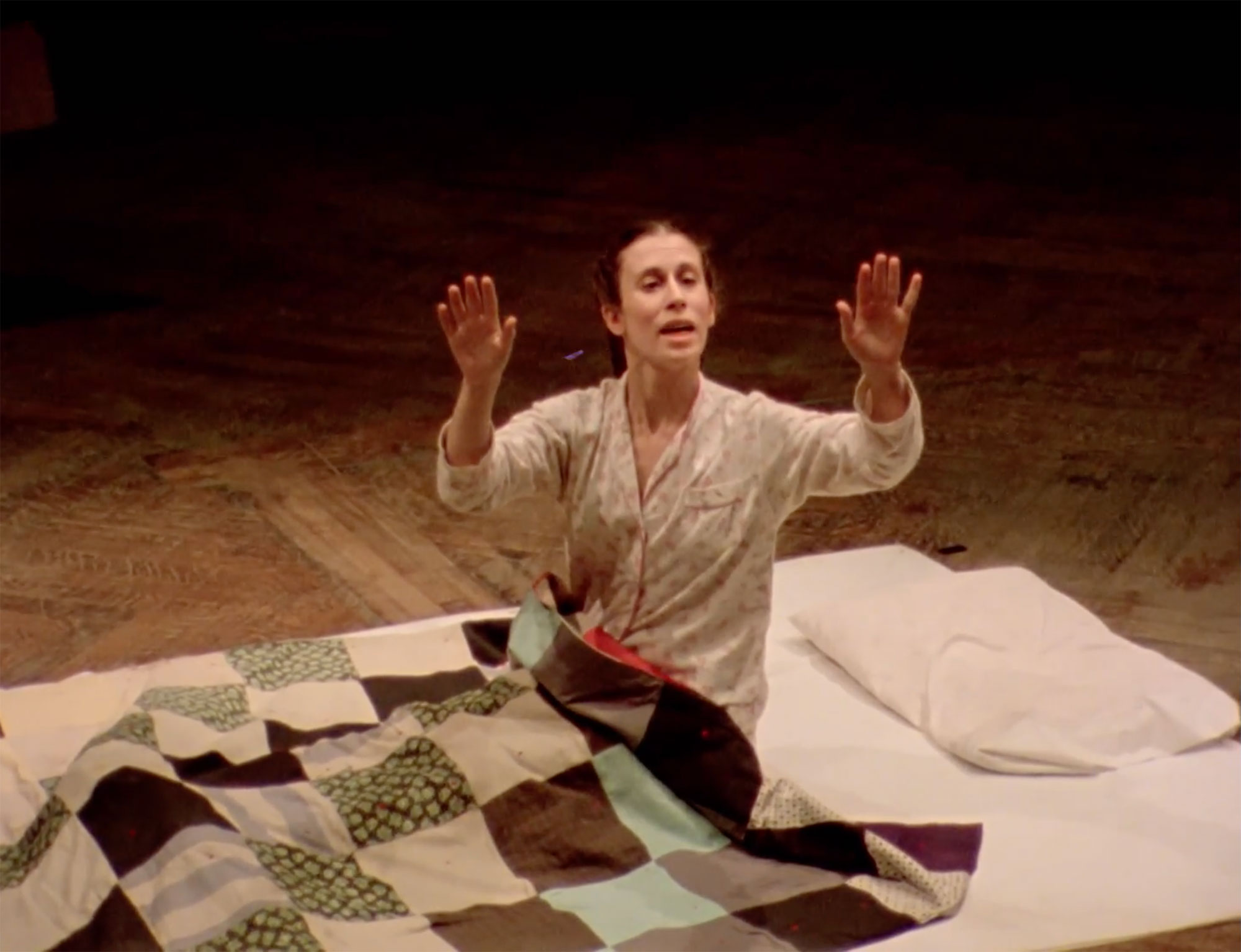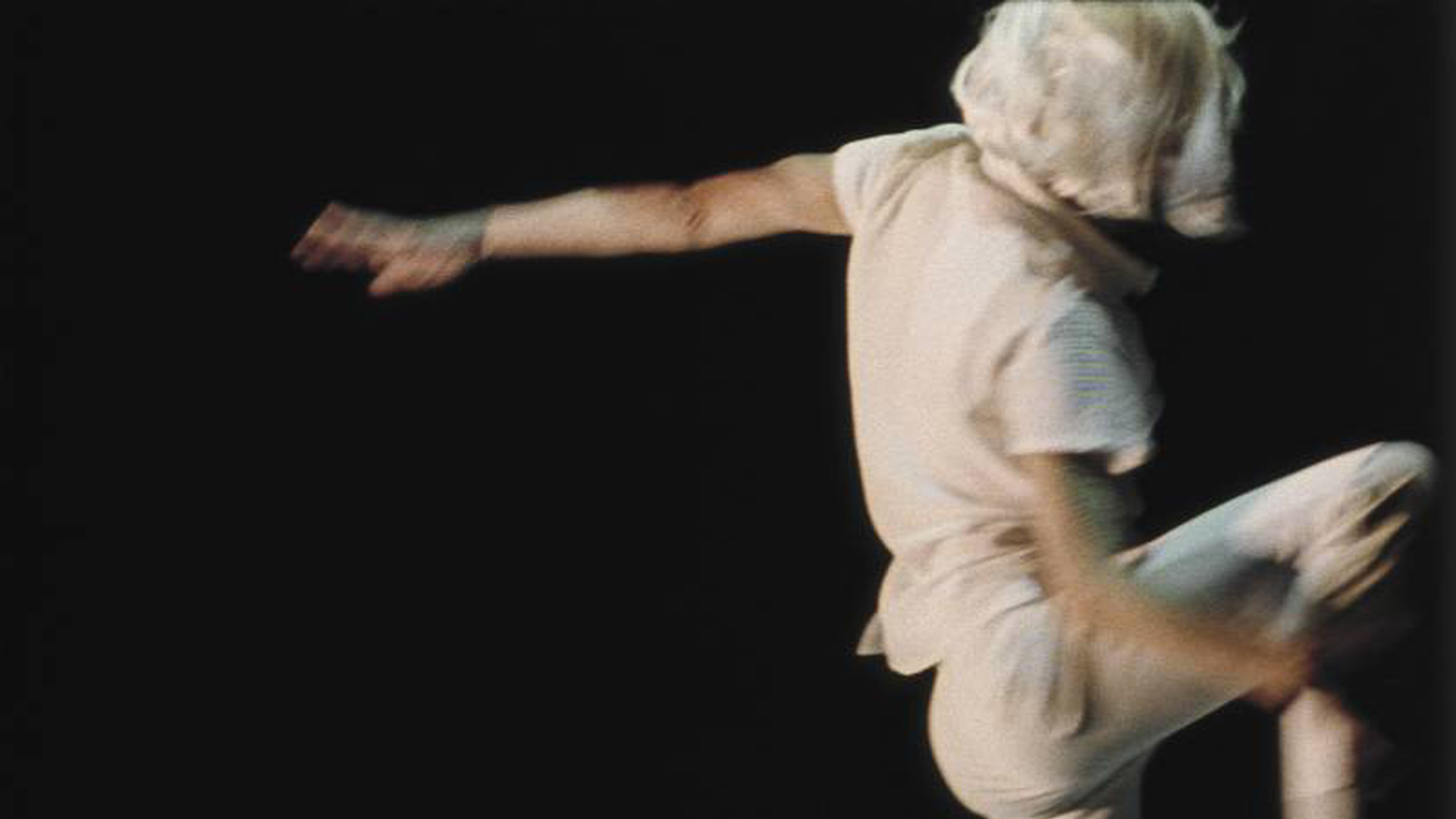
The Dreamed Ones
February 7, 2017 · The Pilot Light · 7:30 p.m.
Need a reminder? Like the event on Facebook
The publication of correspondences between Ingeborg Bachmann and Paul Celan created a small sensation in 2008. Two of the most important German-language poets of the post-war years, Bachmann and Celan met in the spring of 1948 in Vienna, lived together in Paris for two months in 1950, and reunited briefly in 1953 and 1957. The nearly 200 letters, postcards and poems they exchanged over two decades, however, reveal for the first time the true depth of their feelings for one another and the complexity of their relationship, which lasted until Celan’s suicide in 1970.
Their story has all the stuff of an Oscar-baiting biopic. Celan was a German-speaking Jew in Romania when Fascism swept through Europe. He survived his years in a labour camp, but his parents did not. Bachmann was the daughter of an Austrian Nazi and made her way to occupied Vienna after the war in hopes of joining the literati. In 1952, he married artist Gisèle Lestrange and soon after had a child; she had a years-long relationship with author Max Frisch. Each eventually met a tragic end: Celan drowned himself in the Seine and three years later Bachmann died from complications of barbiturate addiction and injuries suffered in a fire.
With The Dreamed Ones, Ruth Beckermann has found a brilliant cinematic analogy for Bachmann and Celan’s story. Staged almost entirely within Funkhaus, a Nazi-era recording studio in Vienna, the film features singer-songwriter Anja Plaschg and actor Laurence Rupp, who read snippets of the correspondences directly into microphones. In those opening moments, the performances seem mannered and intentionally anti-dramatic but they still translate as acting, in the biopic sense. Beckermann skillfully complicates this dynamic by accompanying Plaschg and Rupp on their smoke breaks and on walks through studio soundstages and the commissary, where we witness, in documentary style, a “real” encounter between two artists in their 20s.
“Forging a work of profound beauty about the timelessness and universality of love and heartbreak (and yes, cyclical hatred and social divisions), Beckermann employs passages from this extraordinary, compulsively readable, and cumulatively wrenching two-decade correspondence to reveal an impossible love wedded to the trauma of the times.” — Cinema Scope
“The result is mysterious and affecting, a meditation on the power of words and how history can touch our present in oblique and surprising ways.” — Sight and Sound
About the Filmmaker
Ruth Beckermann was born in Vienna. She studied journalism, philosophy, and art history in Vienna, Tel Aviv, and New York. Her films as director include East of War (96), A Fleeting Passage to the Orient (98), American Passages (11), and Those Who Go, Those Who Stay (13).







